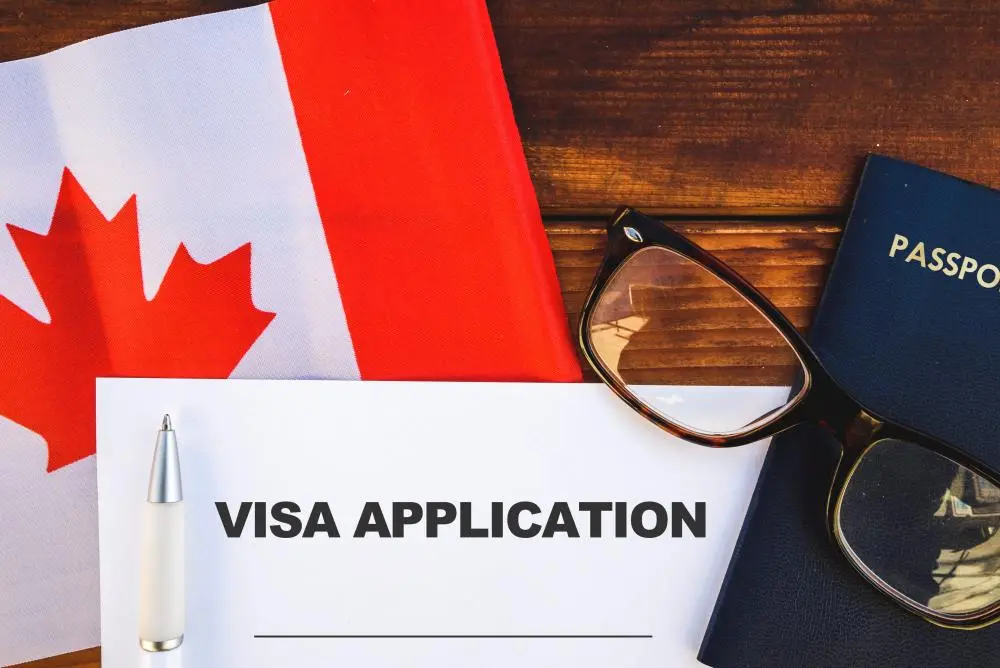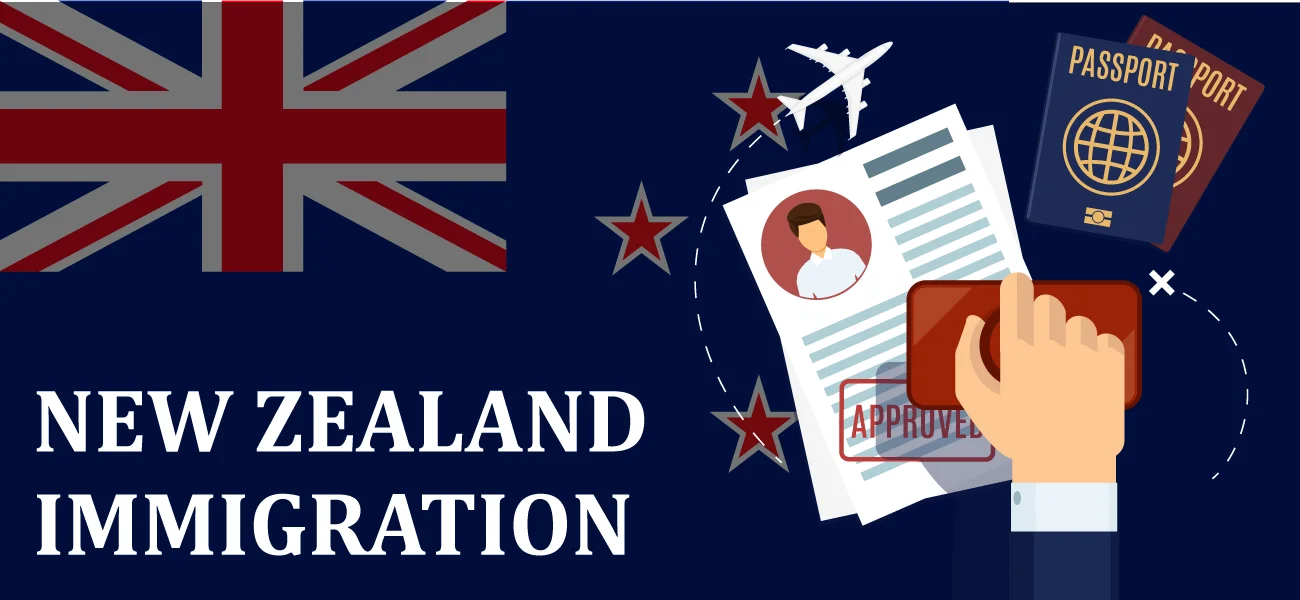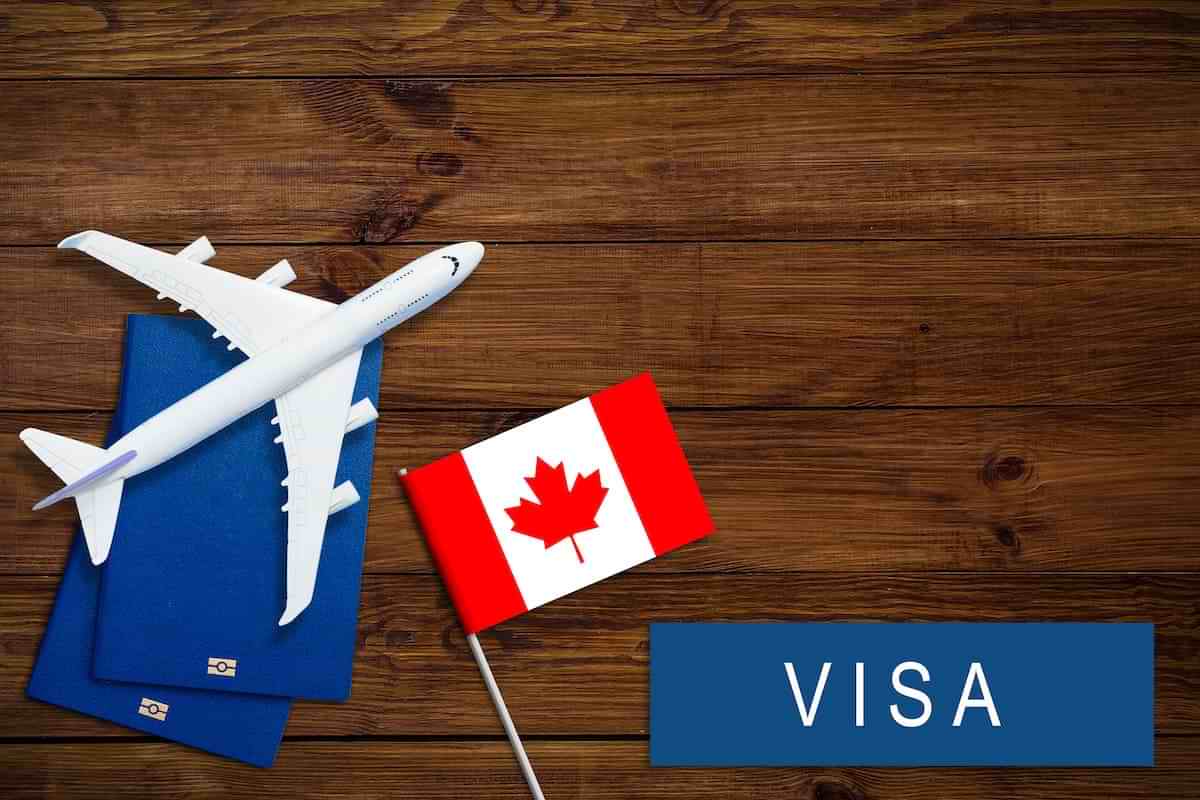Generally speaking, wages are higher in places such as Sydney, Melbourne and Perth, while regional cities pay slightly less but cost of living might also be lower.
For instance, well paid employees in organizations including engineering professors, nurses and IT specialists should earn over AUD 80,000 per annum depending on the number of years of experience. Australia however, does have a legal minimum wage for all workers throughout the country meaning that even those holding the lowest jobs in the country are paid a good salary.
How to Find Work In Australia
As an immigrant getting a job in Australia can sometimes feel like a daunting task but there are various resources available. Employer websites like SEEK, Indeed, and LinkedIn are ideal when it comes to the search of job openings in your line of interest. Another common practice is that many companies list their openings directly on their Websites, so it will also be useful to go through the Websites of companies – it is favorable to work for – and apply.
Networking is yet another power tool in the Australian job market. Networking means actively meeting people in the industry through such things as going to trade shows, participating in trade organizations, or joining LinkedIn groups can provide you access to jobs which are not post on job boards. Further, the recruitment agencies help to find jobs that can fit your profile.
Final Thoughts
Australia is a country with many opportunities for immigrants who wish to establish a fruitful career as well as a comfortable life. In conclusion, though the whole process of obtaining a job and a visa might sound daunting, it is by no means impossible if one plans well, tries hard, and has the right papers.
Therefore, it is crucial to get to know the type of visa available, know the best way to make the right job application, and the various ways to search for the various jobs available in Australia. The secret in this process is to take an active approach and be never impatient because the results are priceless.
We hope for the best of luck for you and look forward to seeing you working in Australia.




Comments are closed.